The PTK Conference
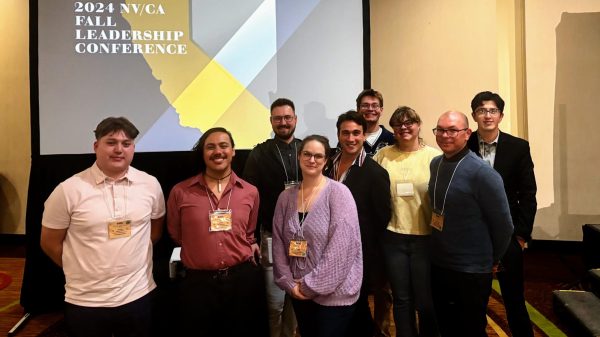
I am a member of Butte College’s international honors society, Phi Theta Kappa, and from October 18-19, our club went to San Jose on a trip to their annual 2024 NV/CA Fall Leadership Conference. One of the speakers there that day was Stefanie Hoffman.
Stefanie is currently a content marketing manager at a tech company called Splunk, and I got the privilege of asking her what her thoughts are on pursuing journalism as a career in 2024, and what to expect professionally as an amateur or student writer. At first, the answer was worrying.
Her speech that day was on being a storyteller, and she gave us her personal insights on how she tells stories. She spoke of ways that her personal struggles with her daughter as a rebellious teenager who struggled with severe mental health issues including bipolar disorder (BPD) have given her the opportunity to use storytelling to impact people in similar situations. She has even created a documentary about her situation and is currently adapting it into a short film.
After the speech there was a Q&A. While she had been sharing her personal stories, she also briefly told us she had been a journalist and reporter the first 20 years of her professional career. As a current student journalist, I raised my hand and asked what she thought of college students pursuing journalism as a career in our modern age, and her answer was that it’s a really tough field to pursue.
I sat there feeling a bit dejected, but I needed to know why, so when no one else was raising their hand after a few more questions, my arm went up once more.
“Do you think that a college student directly after graduating who picks up enough freelance gigs could make a living wage,” I asked.
She thought for a second and then responded, “I wouldn’t count on it.”
I could tell she didn’t want to say that. She had spoken about her love of journalism in her speech, and that ever since she was a little girl, she knew she wanted to be a journalist. She was just stating the facts and being honest about a field she herself had left. But I needed to know more. So as soon as the speech ended, I found her and asked for an interview. She agreed and our conversation at a table in the hotel’s lobby is the meat of what I would like to talk about today.
Who is Stefanie Hoffman?
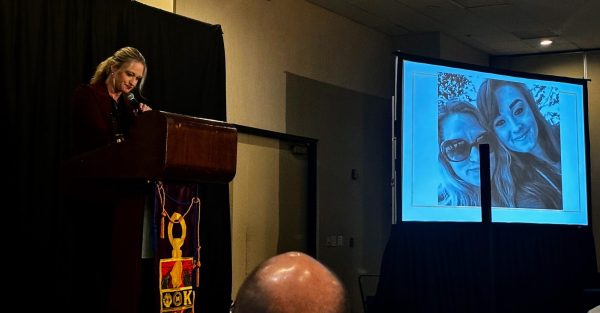
Stefanie let me know that she started out by getting her bachelor’s degree in English, and after working for a few small papers, she went to grad school and got a masters degree in literary nonfiction where she really learned the craft of storytelling.
After graduating, she got a job at the Half Moon Bay Review California near San Francisco, and then moved on to work as a writer at a travel magazine, which she wasn’t fond of because of the commercialization and lack of creative input. Next, she got hired as a tech journalist where she spent most of her journalism career. She said she loved the exciting and ever-changing environment of reporting on data breaches and interviewing executives, but it still wasn’t a career that drove her.
After going through what she had discussed with us in her speech about her daughter’s mental health struggles, she found she needed a stability that she wasn’t finding in journalism, so she made the switch to public relations (PR). This route, though not as creatively fulfilling as her journalism career, paid the bills and gave her the time and resources to do what she wants. She now works for Splunk as their content marketing major, loves her job, and is excited to see where her nonprofit goes. For more info on Stefanie’s nonprofit CAMHS, (Coalition of Artists and Mental Health Specialists), follow this link and join a community where writers are encouraged to share their mental health journey.
Advice to Student Journalists
Moving on to what Stefanie thinks about being a journalist in our current day and age, I was told that you need to keep your options open. She explained that journalism is a hard way of making a living for people who have been in the field for a long time, and even harder for somehow just starting out.
But difficulties and challenges are not a condemnation of the field. While she warns those wanting to get into journalism that it might be a bit of a struggle, she encourages them to never stop writing. Join communities of writers and authors. Make connections and take internships that come your way. Pitch freelance work to publications and papers and keep building your portfolio. “While you will not be getting paid what you are worth at first, prove that you should be,” she stated.
Her takeaway seemed to be that if you want to become a journalist you need to not just work hard for it, but you need to be able to think outside the box and learn skills you wouldn’t think of learning. You need to be scrappy and know how to support yourself with a day job while you are working on your professional portfolio. Basically, this isn’t an easy career and a college degree specializing in journalism is not a money-printing ticket, but if you have the passion, drive, and networking skills, you can make it in this industry.
Conclusion
So, after having this incredible conversation with the fascinating Stefanie Hoffman, I would like to say that no, journalism is not dead. Is it not the same as it was 10 years ago? Not at all; the journalism industry is an ever-changing beast. However, if you know this is something you want to do, something that you cannot stop yourself from doing, then pursue it. You can do it if you are up for the challenge, and I know that I am.


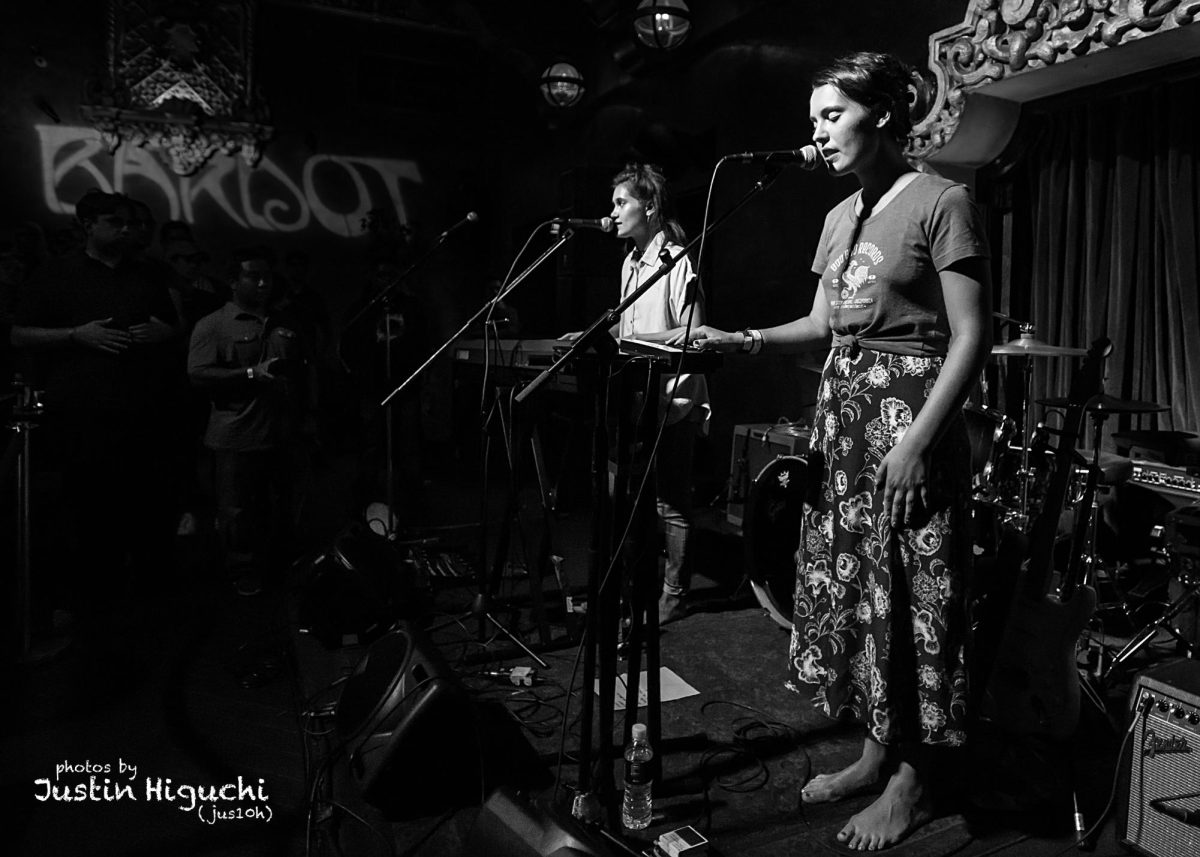
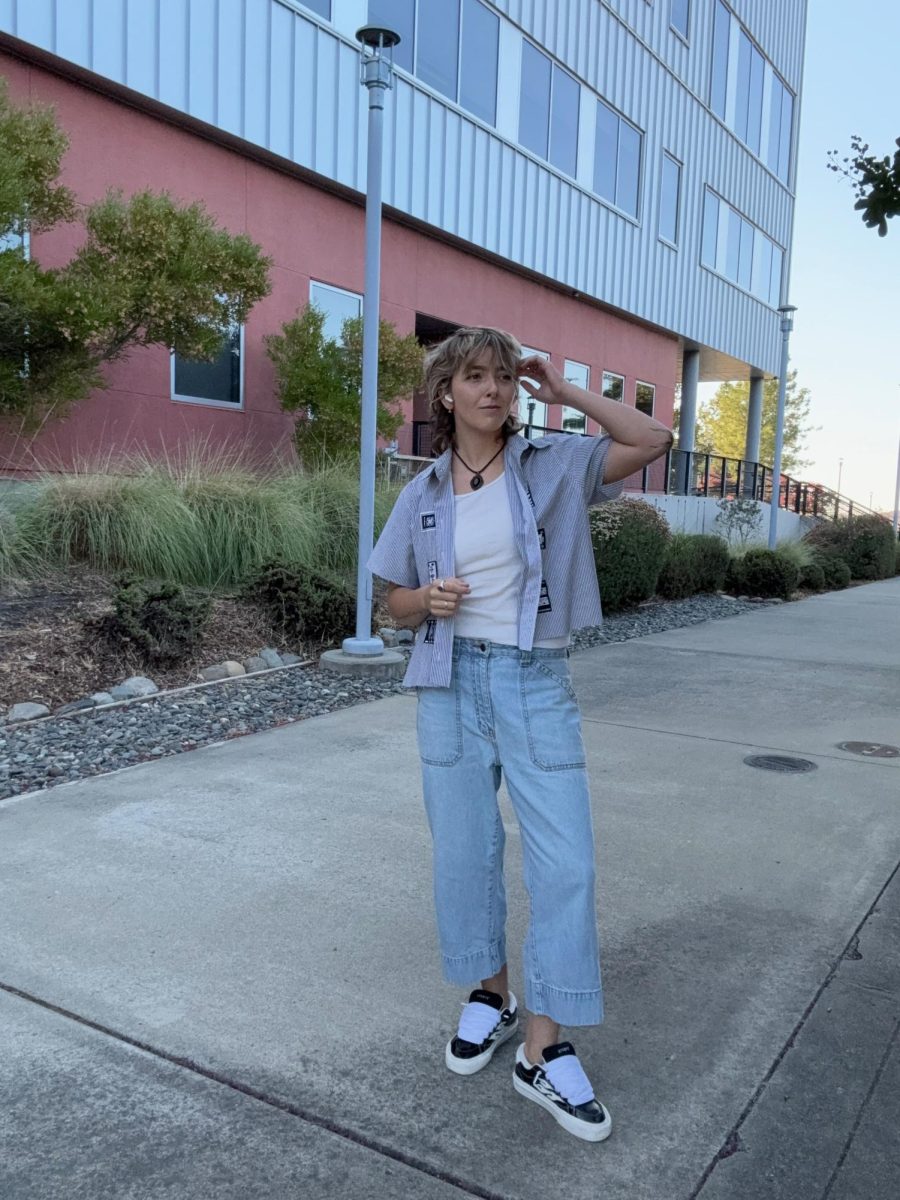


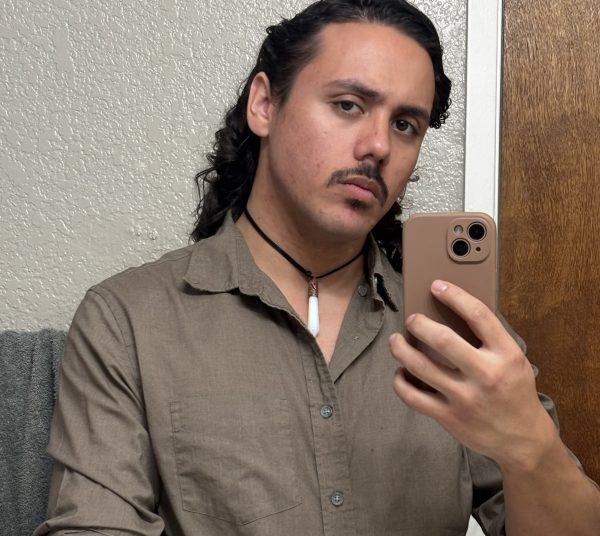
Claire • Nov 6, 2024 at 10:38 am
Nice job, thanks for the article.